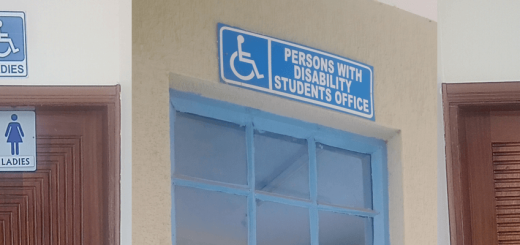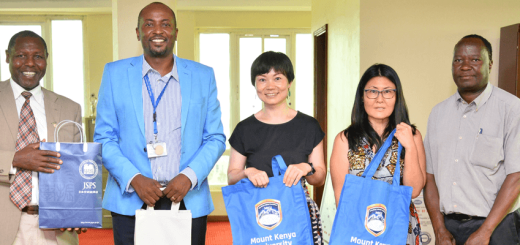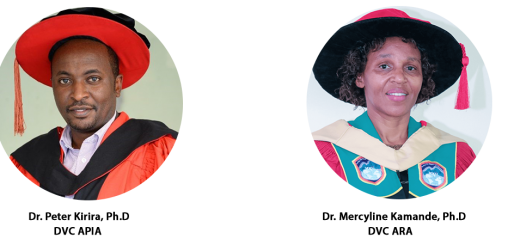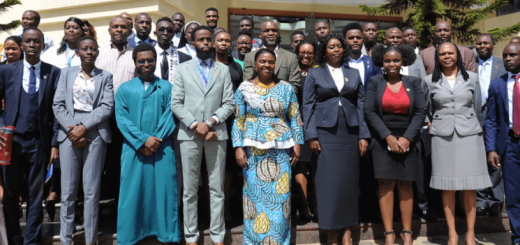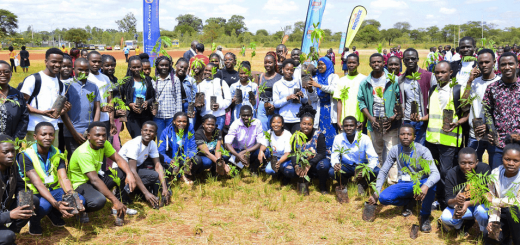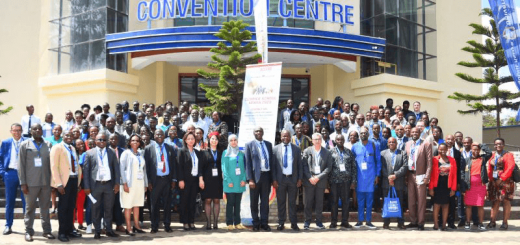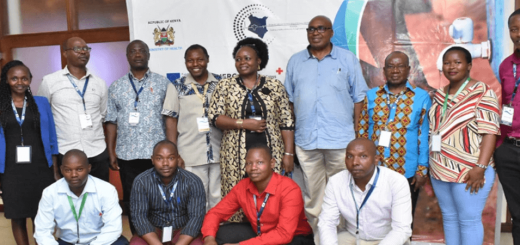MKU ranked as a top destination for international students
Mount Kenya University has been ranked among the top five (5) destination for international students from Africa and beyond in a recent study released by CPS Research International.


CPS Research International is a market and social research company registered in Kenya, and which has cut a niche for specialised research in Africa. In the private universities category, Mount Kenya University emerged third, in terms of satisfaction, MKU was ranked fourth at 57.05%
“International students preferred some universities to others because: high quality of education, affordability aspects, high global ranking, great culture, holistic education, good placement and internship offers,” reads the report.
It is emerging that the reputation and global ranking of the universities, the cost of programmes they teach, quality of education and ease of accessing accommodation are some of the factors that attract foreign students.
Location of the university, type and duration of the courses offered, clearly defined academic calendar, cost of living and availability of international students’ support desk in the respective universities also influence foreigners’ choices.
Overall, the state of national security, immigration rules, culture of the country and ease of getting employed influence students’ choice to study in Kenya.
- The University of Nairobi has the highest number of foreigners, with nearly 1,300 international students enrolled.
- United States International University (USIU) is second with 1,100 students,
- Strathmore University third with 660
- Mount Kenya University (MKU) is fourth with 560
- Kenyatta University closes the top five universities with international appeal with 472 students enrolled.
Overall, there are 6,202 foreign students in universities. The study that was conducted between January and February targeted international university students and administrators in 71 institutions.
Ugandans constitute the highest number of foreign students in the mentioned institutions, according to the study. The next big groups come from South Sudan, Tanzania, Somalia and Nigeria in that order. The others are spread across Burundi, the Democratic Republic of Congo, Rwanda, Malawi and Zimbabwe.
“Most of them are young adults in the age bracket of 18-24 years at 54.1 per cent, and undertaking undergraduate courses,” according to the report.
The majority of these students study business and economics, engineering, medical studies, teacher training and education, natural science and ICT. Law and other social and behavioral sciences, humanities, media and journalism are some of the other courses of study.




